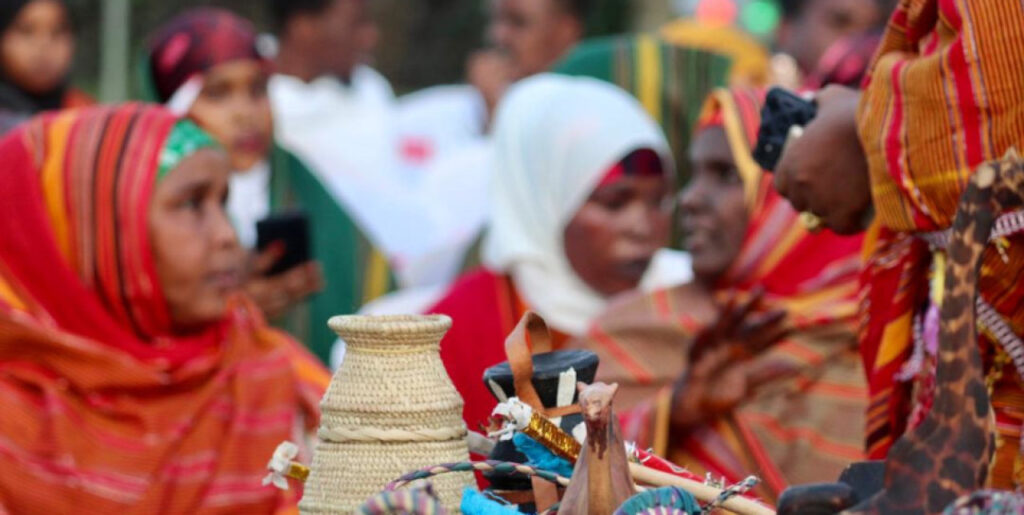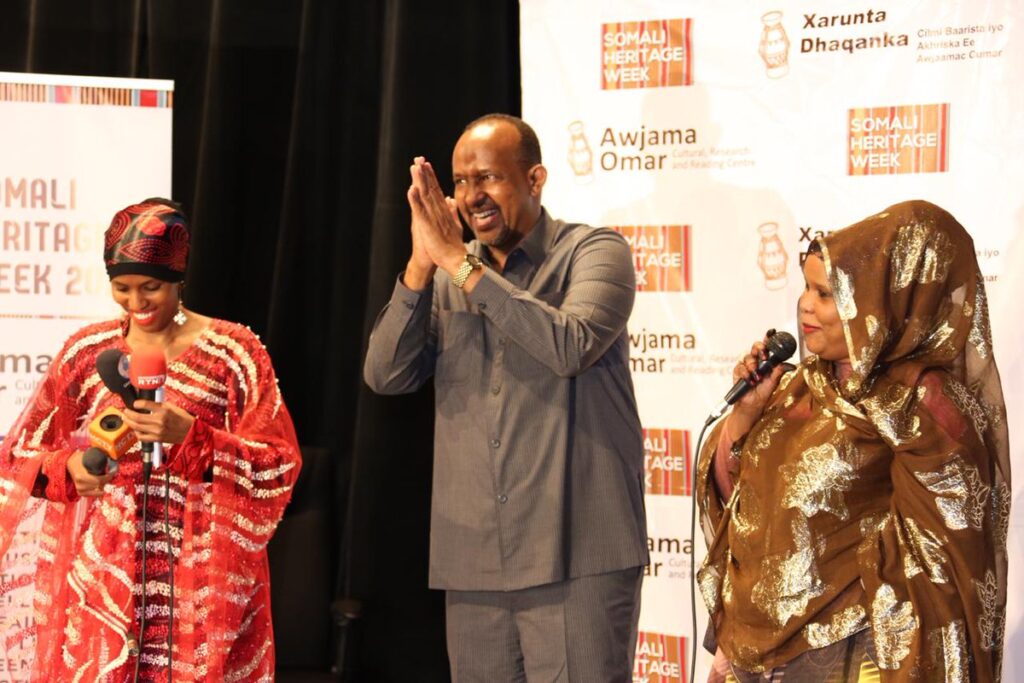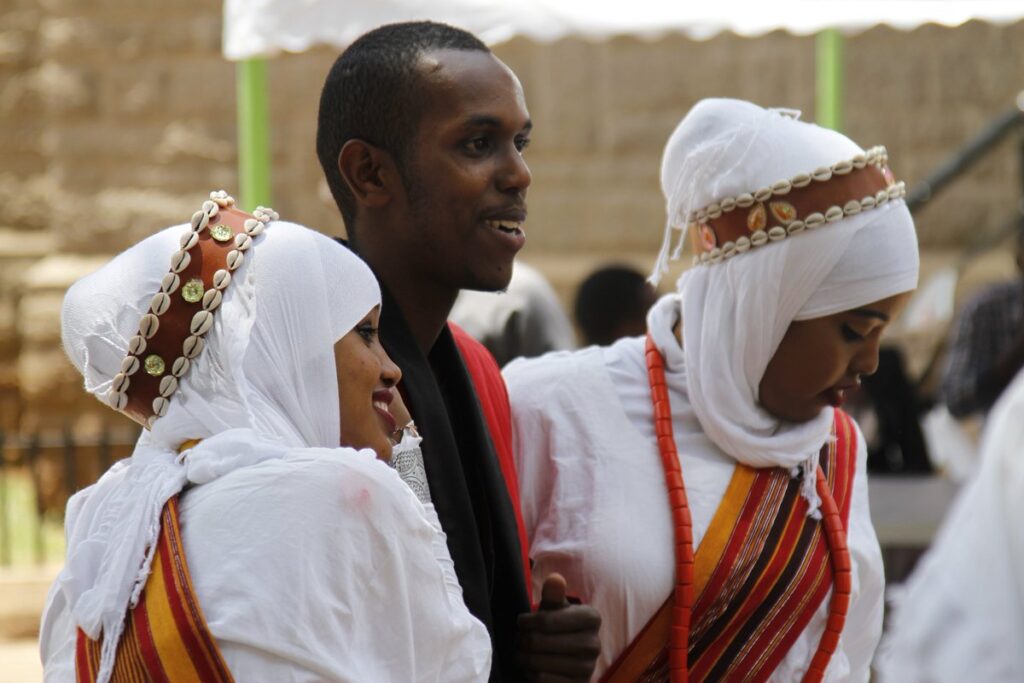Despite the political, economic, and environmental challenges Somalia has experienced over decades, the Somali people have remained attached to Somali heritage and culture, preserving a unique identity that dates back thousands of years. This country in the Horn of Africa is not just a geographical area, but a vast repository of poetry, language, clothing, music, and social customs. Perhaps the most important thing that distinguishes Somalia is its people’s ability to transform culture into a source of strength, rather than a burden, and to pass it on from generation to generation despite all the difficulties.
Somali heritage.. The Somali language: an enduring identity
The Somali language is one of the most important factors in preserving national identity. Despite the spread of Arabic, English, and Italian throughout history, Somali has remained the language of everyday communication among the people. The spread of informal education and community schools has helped to keep the language alive for new generations, even in times of instability. Somali poetry, which is famous worldwide, has also played a major role in preserving the language. It is considered the “diwan of the Somalis,” a means of expression, of talking about values, and of preserving history.

Poetry and song: the living memory of the people
It is impossible to talk about Somali heritage without mentioning poetry and music. Poetry has always been an essential part of daily life, recited in times of war and peace, joy and sorrow, and in teaching values. Traditional music, such as danto and Somali pop, is a means of reviving the cultural spirit and connecting young people to their roots. Despite the circumstances, Somali artists at home and abroad are working hard to revive and record folk songs, making the culture transferable through time.
Social customs: a stronghold against extinction
Somalis enjoy strong social cohesion based on a clan system and cooperation between families. These ties are not only a social system, but also a fundamental channel for preserving traditions and customs. Somali marriage ceremonies, hospitality rituals based on tea and cardamom, and the celebration of religious occasions are all inherited rituals that are practiced today in almost the same detail as they were decades ago. This adherence to daily customs is what keeps Somali heritage alive, because it is part of the way of life, not just memories.

Tangible heritage: clothing, food, and architecture
The fusion of past and present is evident in the tangible details of Somali life. Women still wear the fursuk or diqan, colorful fabrics with cultural symbolism. Men wear the “makawis,” the traditional dress of Somalia and the Horn of Africa in general. Somalia also preserves its traditional foods such as hankarlo, bastel, and Somali porridge, which everyone takes care to prepare at home and for special occasions.
Traditional architecture, despite being influenced by modernity, is still present in rural areas and in some cities such as Mogadishu, where houses with cloth roofs (Aqim) and mud houses that embody the spirit of the place can be found.
The role of the Somali diaspora
The large-scale migration of Somalis to Europe, America, and the Gulf has had an important positive effect: spreading Somali culture globally and protecting it from extinction. Somali restaurants, cultural centers, and mosques run by Somalis abroad have become educational spaces where the children of the diaspora learn the language and customs. Young Somalis in the diaspora also produce cultural content on social media that introduces others to their heritage, from fashion to music and folk tales.

Digital media: a bridge between the past and the future
Despite the circumstances, Somalia has seen significant growth in internet use in recent years, which has helped to spread cultural content through videos and educational programs. Many youth pages and initiatives are working to document old songs, teach the language, explain customs, and showcase handicrafts. These efforts have played a key role in preserving culture among a generation living in a rapidly changing world.
Read Also: FAMOUS CULTURAL LANDMARKS IN SOMALIA IN 2025
Somalia’s ability to preserve its Somali heritage is not a miracle, but rather the result of a collective awareness that culture is the true security of peoples. Despite the circumstances the country has endured, Somali identity has remained strong thanks to language, poetry, customs, the diaspora, and the development of digital media. Together, these elements have formed a shield that protects memory and makes Somalia today a living example of a people who can preserve their spirit no matter how circumstances change.


